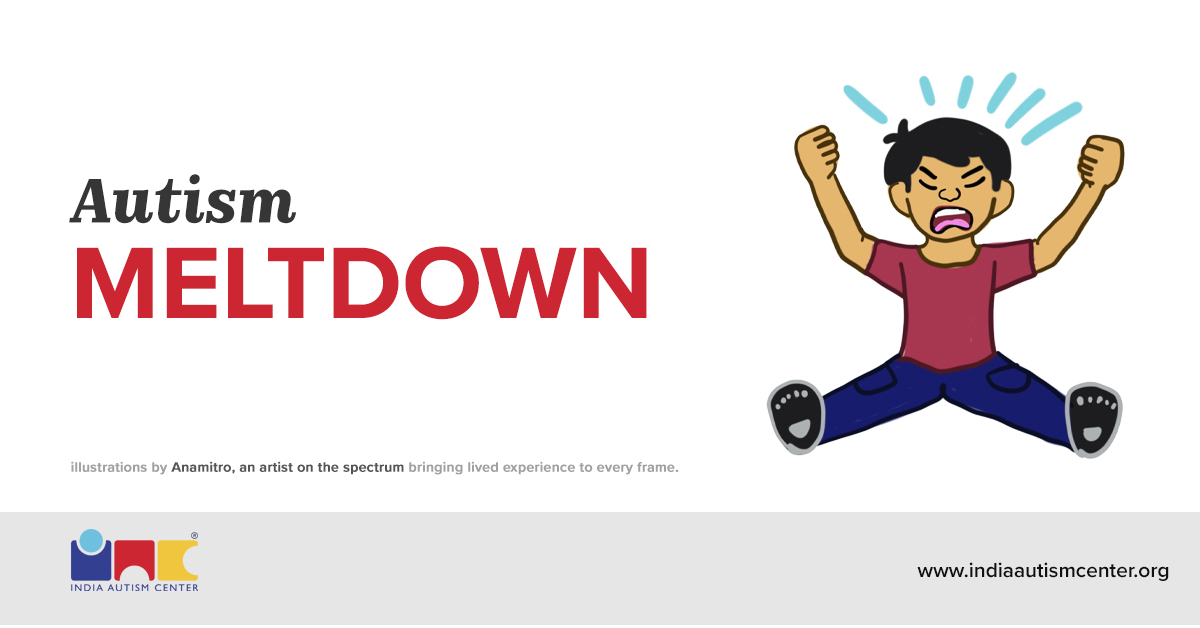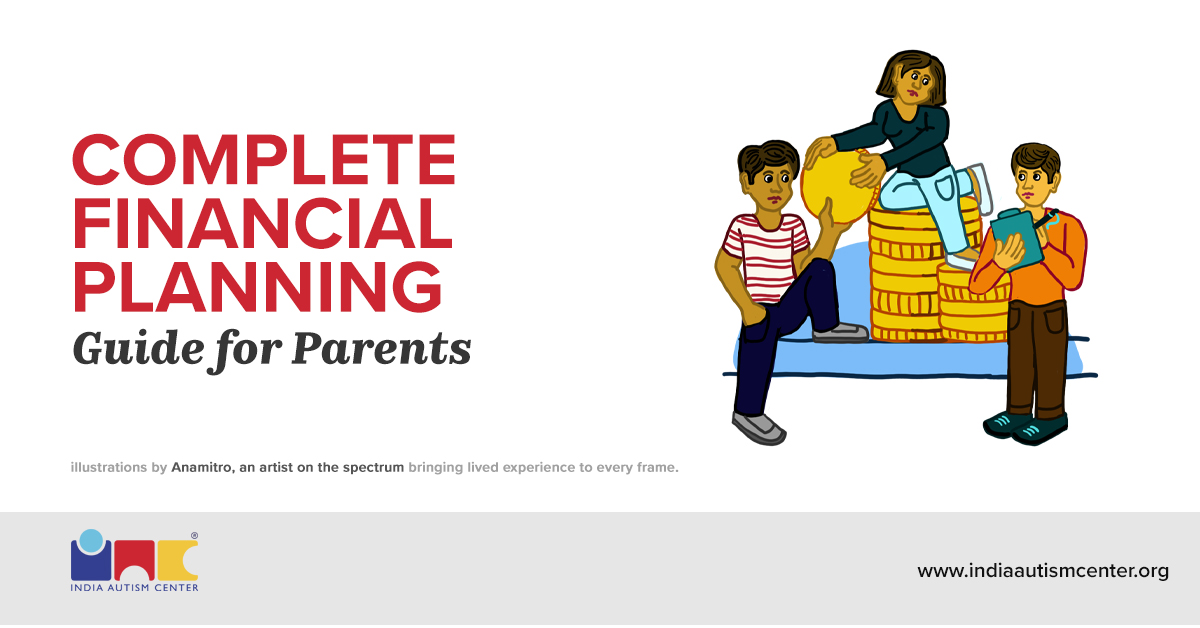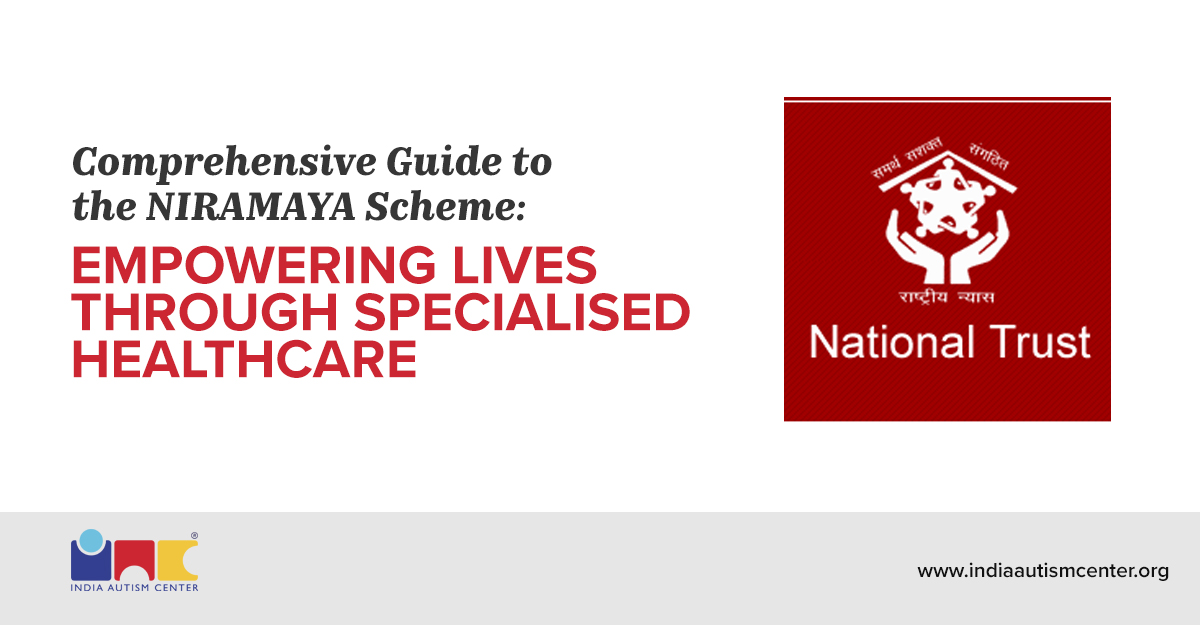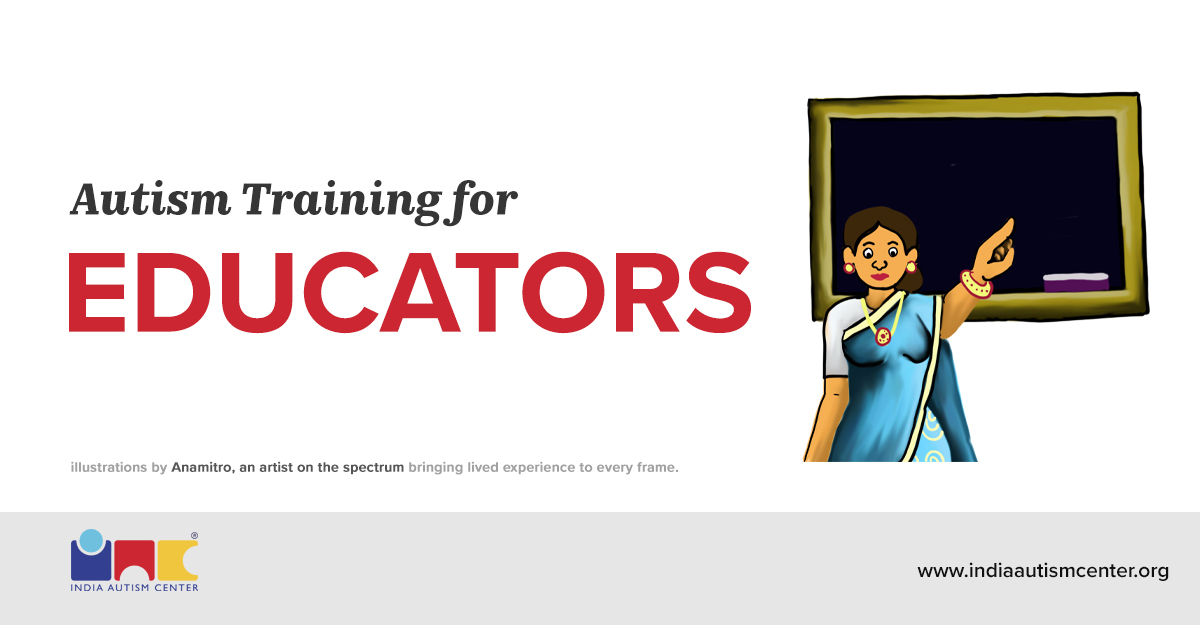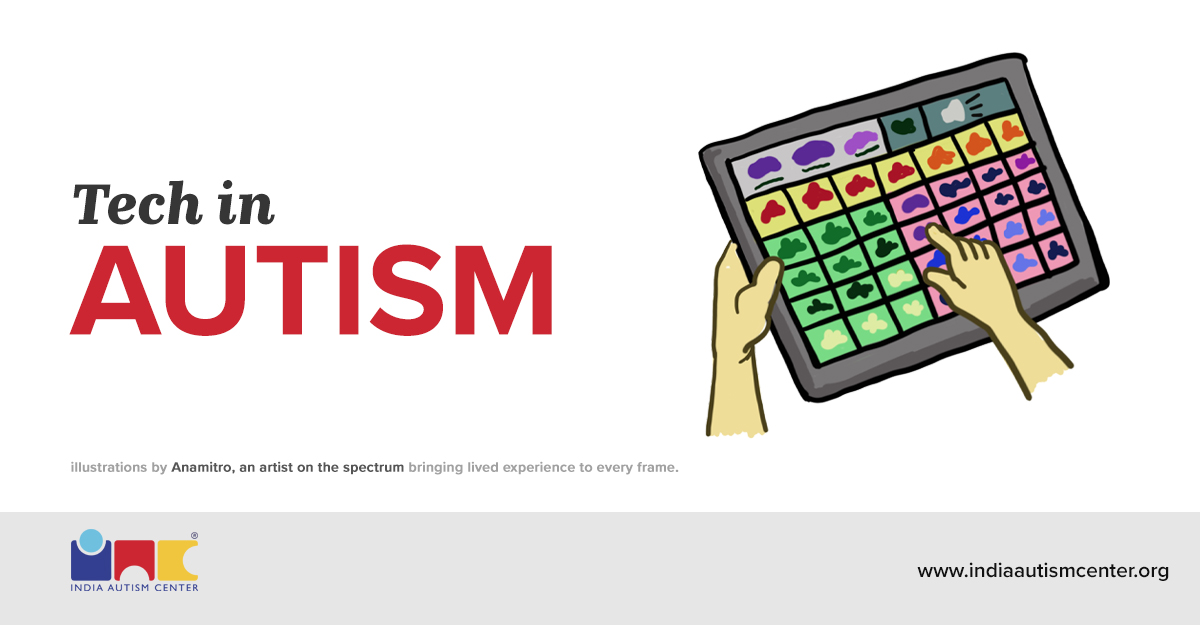Autism meltdowns can be challenging for both individuals on the autism spectrum and their families. Recognizing the early signs of an autism spectrum disorder (ASD) meltdown is crucial for providing timely support and minimizing distress.
In this comprehensive blog, we’ll delve into what an autism meltdown is, how to identify its signs, and effective strategies for dealing with autism meltdowns.
What is an Autism Meltdown?
An autism meltdown refers to an intense reaction triggered by overwhelming sensory or emotional stimuli. It’s vital to differentiate between meltdowns and tantrums. While tantrums are deliberate and aimed at achieving a specific goal, meltdowns are involuntary responses to stressors that individuals with ASD find challenging to regulate. Understanding the key characteristics and triggers of meltdowns is crucial for effective management.
Three Phases of an Autism Meltdown
Rumbling Phase
- This initial phase occurs when the individual begins to feel overwhelmed or stressed
- Signs may include increased agitation, anxiety, or physical symptoms like sweating or shaking
Rage Phase
- At this point, the individual experiences an intense emotional and physical response to the stressor
- They may scream, cry, engage in repetitive behaviours (such as hand-flapping or rocking), and struggle to communicate their needs or feelings effectively
Recovery Phase
- Once the stressor is removed or the individual is taken out of the stressful environment, they begin to calm down and recover from the meltdown
- The duration of this phase can vary, lasting anywhere from a few minutes to several hours
Autism Meltdown in Different Age Groups
Adults
Meltdowns can occur at any age, and adults with autism are just as likely to experience them as children. Social complexities and additional stressors may make meltdowns more common in adults.
Toddlers
Meltdowns are also common in toddlers, including those with autism. Toddlers with autism may be more prone to meltdowns due to communication difficulties, sensory processing challenges, and struggles with adapting to changes in routine.
Want to know more? Get in touch with us.
Key Indicators
Autism meltdowns can be overwhelming for both individuals with autism spectrum disorder (ASD) and their families. Recognizing the early signs of an autistic meltdown is crucial for providing timely support. Here are the key indicators to watch out for:
Escalating Anxiety
- Restlessness, pacing, or repetitive behaviours
- Heightened sensitivity to noise, light, or touch
Communication Changes
- Shifts in communication patterns
- Some individuals may become nonverbal or struggle to express themselves coherently during a meltdown
- Increased echolalia (repeating words or phrases) might occur
Physical Agitation
- Look for physical signs such as hand-flapping, rocking, or hitting oneself
- Rapid breathing or hyperventilation may accompany distress
Increased Irritability
- Individuals experiencing a meltdown may become easily irritated or agitated
- Their tolerance for everyday stressors decreases significantly
Withdrawal
- Some people withdraw into themselves during a meltdown
- Seeking solitude or covering their ears to block out external stimuli is common
Hyperactivity
- Pacing, running, or spinning may precede a meltdown
- Restlessness and an inability to sit still are noticeable
Sensory Overload
- Individuals with ASD often experience heightened sensitivity to sensory stimuli
- Lights, sounds, textures, or smells can overwhelm them, leading to withdrawal behaviours
Communication Difficulties
- Difficulty expressing needs or frustrations verbally
- Early signs of a meltdown may include increased stuttering, repetitive speech patterns, or difficulty understanding verbal instructions
Anxiety and Distress
- Meltdowns can be preceded by signs of agitation, pacing, or restlessness
- Individuals may cling to familiar objects or seek comfort from trusted individuals
- Panic or fear may arise without an apparent cause
Physical Symptoms
- Physiological changes, such as increased heart rate, sweating, or rapid breathing, may occur before a meltdown
- Tensing of muscles or physical discomfort, along with digestive issues like nausea or stomach pain, can also be observed
Remember that each individual with ASD is unique, and their meltdowns may manifest differently. By understanding these early signs and implementing effective coping strategies, family members can provide valuable support during challenging moments.
Also, read our blog on the Practical Guide to Mental Health Problems in People with Autism.
Dealing with Autism Meltdowns
As a family member, your role is crucial during a meltdown. Here’s how you can provide effective support while dealing with autism meltdowns:
Stay Calm
- Your demeanor sets the tone
- Avoid raising your voice or showing frustration
- Model self-regulation to help the individual mirror your behaviour
Create a Safe Space
- Identify a quiet, low-stimulation area where the person can retreat
- Remove triggers if possible (e.g., loud noises, bright lights)
Use Visual Supports
- Visual schedules, social stories, and visual cues provide predictability
- Help the individual understand what’s happening and what to expect
Offer Sensory Tools
- Fidget toys for tactile stimulation
- Weighted blankets for comfort
- Noise-cancelling headphones to reduce auditory input
Validate Emotions
- Acknowledge feelings without judgment
- Let the person know it’s okay to feel overwhelmed
Avoid Demands
- During a meltdown, don’t make demands or ask questions
- Give the person space and time to calm down
Learn Triggers
- Keep a record of potential triggers
- Understand patterns to prevent future meltdowns
Want to know more? Get in touch with us.
Autistic Meltdown in Adults
Autistic meltdown in adults refers to the occurrence of meltdowns in adults who have autism spectrum disorder (ASD). A meltdown in this context is an intense reaction to overwhelming sensory or emotional stimuli, often resulting in a loss of control.
Adults with autism may experience meltdowns due to various triggers such as sensory overload, communication difficulties, changes in routine, or social stressors. These meltdowns can manifest as emotional outbursts, self-injurious behaviours, withdrawal, or agitation.
Recognizing and understanding autistic meltdowns in adults is crucial for providing appropriate support and intervention to help manage and prevent them.
Seeking Professional Help
It’s crucial to recognize early signs of an impending meltdown and intervene promptly to prevent escalation.
Common early signs include:
- Increased anxiety or stress
- Heightened stimming behaviours (such as rocking or hand-flapping)
- Withdrawal from social situations
- Repeating phrases or words
- Avoiding eye contact
Conclusion
By understanding the early signs and implementing effective coping strategies, families can create a supportive environment that helps individuals with autism manage meltdowns more effectively.
Remember that each person’s experience may vary, and seeking professional guidance is essential for tailored strategies and support. With patience, understanding, and the right support, families can navigate autism meltdowns with greater ease and confidence.
Frequently Asked Questions
What exactly is an autism meltdown, and how is it different from a tantrum?
An autism meltdown is an intense, involuntary reaction to overwhelming sensory or emotional stress. Unlike tantrums, which are often goal-oriented behaviours, meltdowns stem from sensory overload and difficulty regulating stress responses.
What are the early signs of an autism meltdown that family members should look out for?
Early indicators of a meltdown include escalating anxiety, restlessness, increased repetitive behaviours, communication difficulties, withdrawal, irritability, and physical agitation such as pacing or hand-flapping.
What strategies can help during an autism meltdown?
Effective support includes staying calm, creating a low-stimulus safe space, using visual aids, offering sensory tools like noise-cancelling headphones or fidget toys, and avoiding demands until the person is calmer.
When should family members seek professional help for autism meltdowns?
If meltdowns are frequent, severe, or significantly affecting daily life, seeking guidance from healthcare professionals can help develop tailored strategies, better understand triggers, and support emotional regulation
Why is recognizing early signs of a meltdown important for families?
Recognizing early signs helps family members intervene before stress peaks, reducing distress and preventing full-blown meltdowns. Early support can make the environment more predictable and calming for the person with ASD.
Can autism meltdowns happen at any age?
Yes — autism meltdowns can occur in toddlers, children, teens, and adults with autism spectrum disorder, although the triggers and behaviours may vary with age.
For expert insights, support services, and inclusive learning initiatives, contact India Autism Center for more information.

